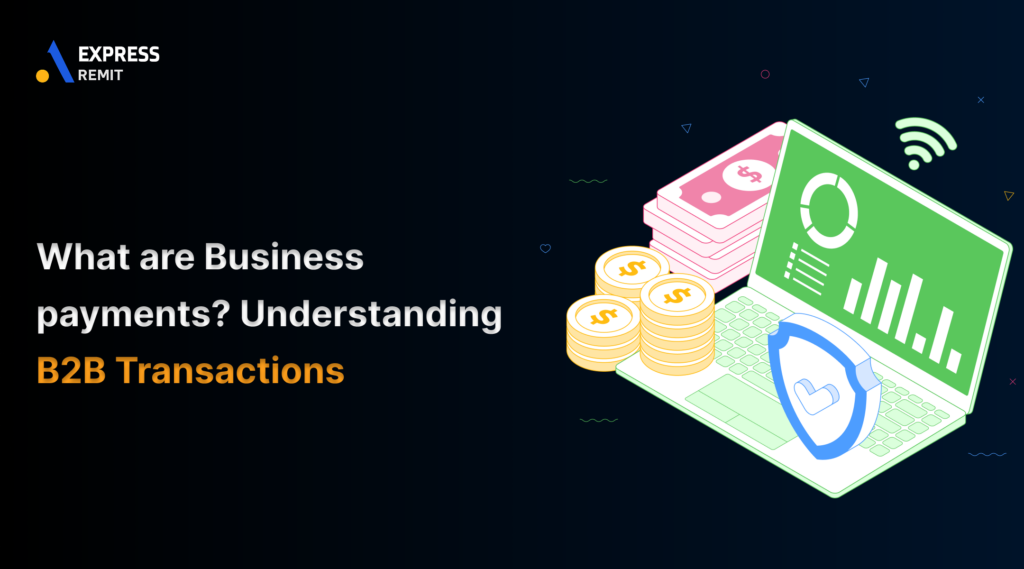
Understanding Business Payments
Business payments refer to the transactions companies make to pay for goods, services, debts, or other financial obligations. These payments are essential for managing cash flow, maintaining vendor relationships, and ensuring smooth operations. Whether you’re a small business or a large enterprise, setting up an efficient and secure payment system is crucial for long-term success.
Why a Payment System is Important for Businesses
Setting up a proper payment system ensures that transactions are processed quickly and securely. Here’s why it matters:
1. Customer Convenience
Offering multiple payment methods such as credit/debit cards, digital wallets, and bank transfers makes it easier for customers to pay, leading to a better shopping experience.
2. Increased Sales
A seamless checkout process reduces cart abandonment and encourages repeat purchases, ultimately boosting revenue.
3. Global Reach
Businesses operating internationally need a payment system that supports multiple currencies and methods, enabling them to cater to a wider audience.
4. Faster Transactions
Electronic payments process quicker than traditional methods like cash or checks, improving cash flow and financial stability.
5. Security & Accuracy for Business Payments
Secure payment systems prevent fraud and errors by encrypting data and ensuring compliance with financial regulations.
Challenges with Offline Payments
While some businesses still accept offline payments, they come with challenges such as security risks, record-keeping difficulties, processing delays, and limited customer options. Cash and check transactions are vulnerable to theft and fraud, while manual record-keeping can lead to errors. Offline payments also take longer to clear, impacting cash flow, and many customers prefer the convenience of digital payments over traditional methods.
Managing and Accepting Payments Easily
To simplify business payments, companies should use accounting software for automated invoicing and financial tracking, and offer multiple payment options such as bank transfers, digital wallets, and online card payments.Thus this will automate payment reminders to reduce overdue invoices, and integrate payments with business systems like inventory and accounting software for seamless operations.
Exploring Online Payments for Businesses
Digital payments are becoming the preferred choice for businesses due to their speed, security, and ease of use. Online payments offer convenience as customers can pay anytime, anywhere. Transactions are processed instantly, reducing waiting times and improving cash flow. Online payment gateways also provide encryption and fraud detection, lowering the risk of fraud. Additionally, businesses benefit from automated record-keeping, reducing administrative burden and ensuring financial accuracy.
Business Payments vs Merchant Accounts: Key Insights
A business payment system covers all financial transactions within a company, including cash, checks, bank transfers, and digital payments. In contrast, a merchant account is specifically designed to process credit and debit card transactions. Businesses that want to accept card payments need a merchant account, which requires a partnership with a payment processor.
While payments can be handled in various ways, a merchant account strictly processes card-based payments and usually involves transaction fees. Merchant accounts provide faster processing times, often within 1-3 days, whereas other payment methods may take longer. Having both a well-structured business payment system and a merchant account can help businesses cater to different payment preferences and optimize cash flow.
While business payments cover all forms of transactions a company engages in, a merchant account specifically caters to card payments. Think of a merchant account as a holding space where card payments are verified before being transferred to a business’s primary bank account. Unlike standard business payments, which can include wire transfers, checks, and cash transactions, merchant accounts rely on third-party processors to handle digital transactions securely.
They also come with additional costs, such as transaction fees and monthly service charges. Businesses that want to offer credit and debit card payments—especially for online sales—must set up a merchant account with a payment provider. While this adds an extra layer to the payment process, it significantly enhances customer convenience and expands payment options, leading to increased sales and smoother cash flow management.
How AExpress Remit Helps for Business Payments
AExpress Remit is a payment solution that simplifies B2B transactions by offering secure and fast international payments. It enables quick cross-border transactions, reducing delays in global payments. The platform ensures secure transactions through encryption and compliance measures, safeguarding financial data.
Businesses benefit from cost-effective solutions, including competitive exchange rates and low transfer fees. AExpress Remit also supports multiple currencies, making it easier for companies dealing with international suppliers or clients to send and receive payments effortlessly.
Conclusion
Business payments play a vital role in a company’s financial management. A structured and efficient payment system improves cash flow, enhances security, and boosts customer satisfaction. Whether choosing online payments, setting up a merchant account, or using a service like AExpress Remit for international transactions, businesses must prioritize secure and streamlined payment solutions to stay competitive in today’s digital economy.
